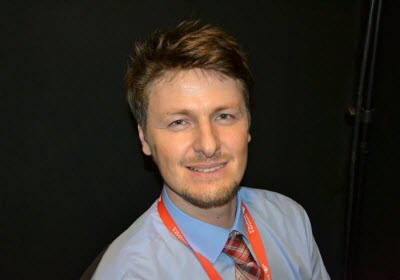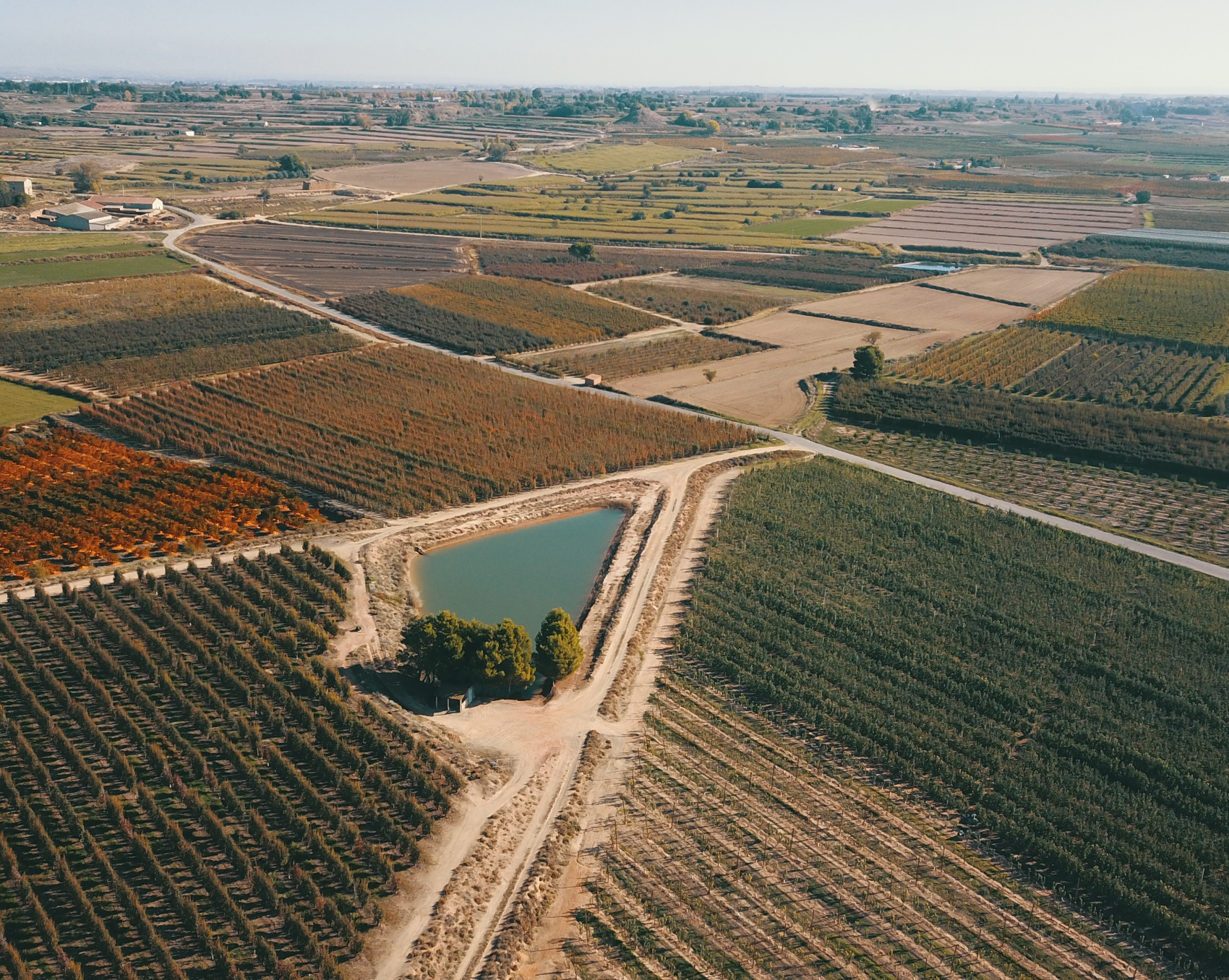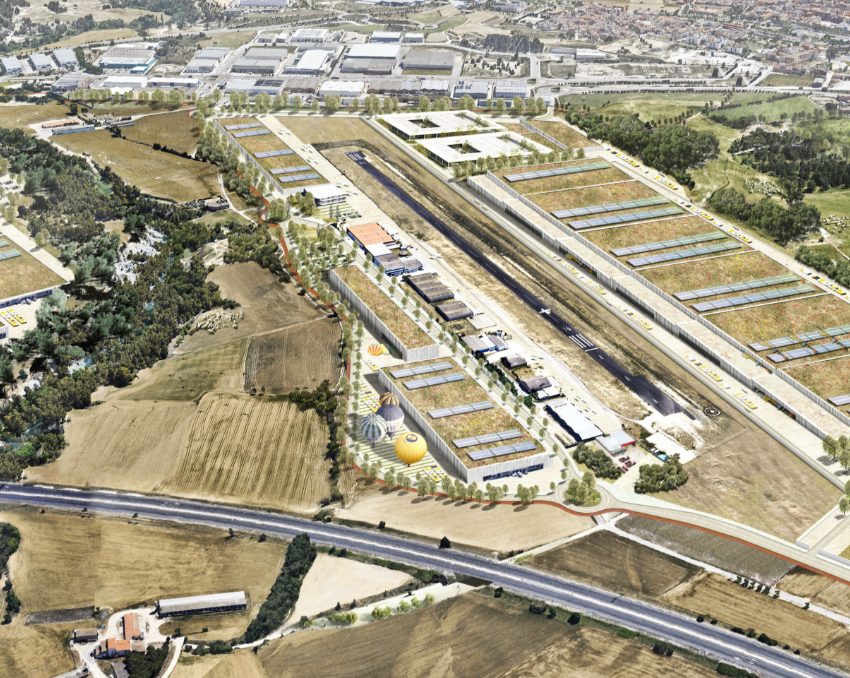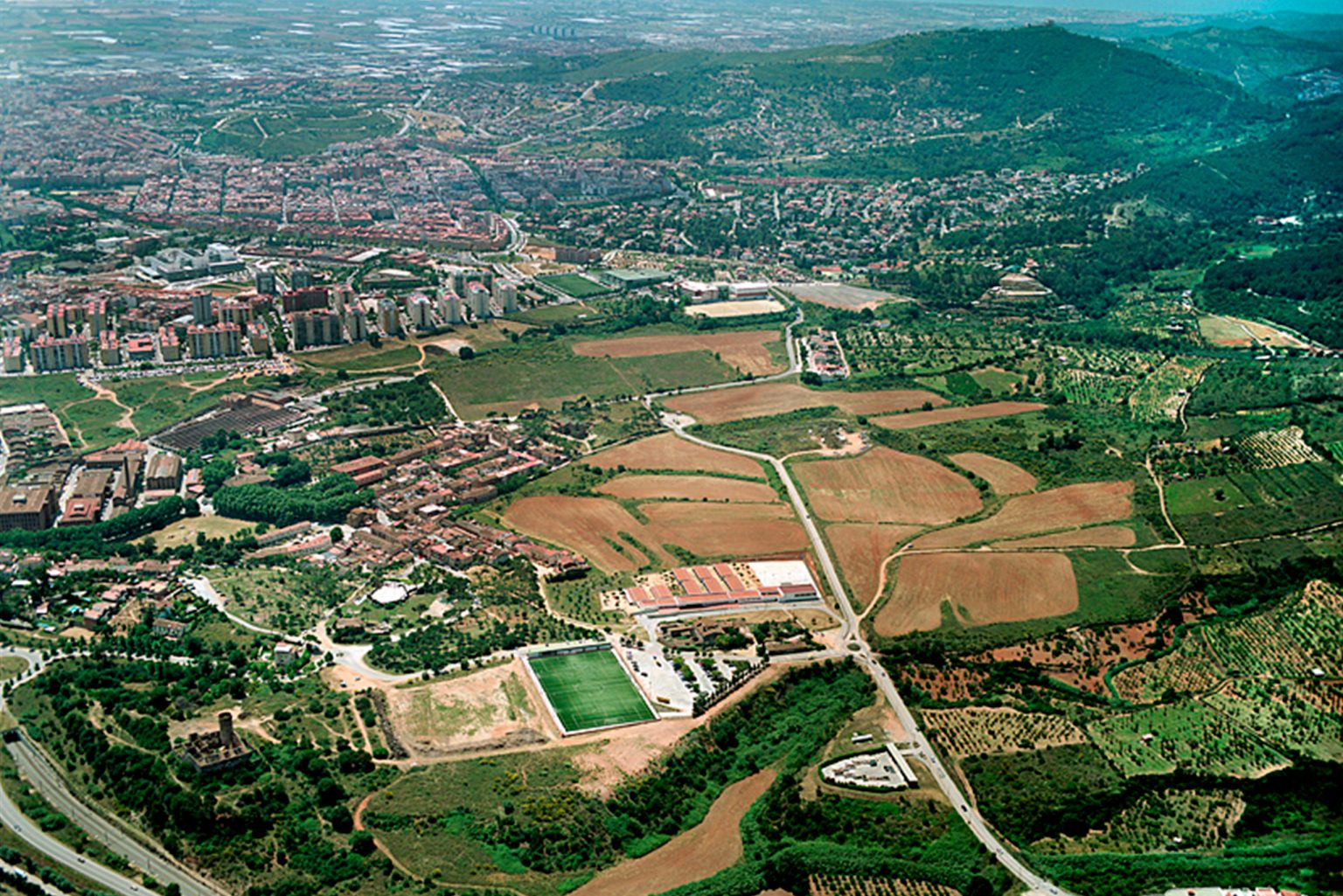25
April
2016
Share on networks
Interview: Grisha Domakowski

Grisha Domakowski, Head of projects, Fundació b_TEC
As part of what is known as the Besòs axis, the UPC and government administrations are promoting the Campus Diagonal Besòs-Barcelona KEY, with the aim of making the Besòs a new social, cultural and educational hub with an area of excellence in the energy, sustainable mobility, materials technology and biomedical engineering sectors. Fundació b_TEC coordinates the design, development and management of the Campus Diagonal-Besòs.
What is Fundació b_TEC and who’s part of it?
b_TEC is a public foundation that is coordinating the design, development and management of the Campus Diagonal-Besòs. Its board of trustees includes representatives of the UPC, Government of Catalonia, local administrations grouped together under the Campus Diagonal-Besòs Consortium (Barcelona and Sant Adrià de Besòs City Councils, Barcelona Metropolitan Area, County Council) and the University of Barcelona (UB). The foundation is presided over by Rector of the Polytechnic University of Catalonia (UPC) Enric Fossas.
The foundation is promoting and developing the Campus Diagonal-Besòs. What is the Campus Diagonal-Besòs, exactly?
The Campus Diagonal-Besòs of the Polytechnic University of Barcelona is a newly created university campus that will begin classes in September 2016. This is a project promoted by various institutions, mainly the UPC, Government of Catalonia, Barcelona and Sant Adrià de Besòs City Councils and the Barcelona Regional Council, with a total investment of 96.5 million euros to develop 3 buildings (building A will mainly be for teaching and the C and I buildings, for research) with 53,000 m2 of space. In addition to teaching activities, the other large concentration will be in research, innovation and knowledge transfer. In total, 27 transversal research units and groups will move into the facilities there. Two of these groups are members of the UPC Technology Innovation Center (CIT UPC) and of the government of Catalonia TECNIO network. In addition to the three buildings the campus currently has, there will also be a student residence hall and the possibility of investing in the Barcelona KEY project. The campus will also be home to the Catalonia Institute for Energy Research (IREC), the benchmark CERCA center in energy in Catalonia.
What are the main middle to long-term goals?
For the 2016-2017 school year, the Barcelona East School of Engineering (EEBE) will begin classes on the new UPC Campus, with approximately 3,500 undergraduate, masters and PhD students, and roughly 400 professors and researchers. The tender to build the residence hall will begin in May, with 6,500 m2 to be operational by 2018. In the long term, the Barcelona KEY project must be developed, which aims to attract investment initiatives and projects to Catalonia for top-notch global research, business and academic activity.
What are the main figures in terms of area, researchers, students and current progress of development at the Campus now?
The Campus Diagonal-Besòs has 150,000 m2 of potential buildable space, 53,000 m2 of which has currently been built. In this first phase, the campus has three buildings for teaching and research, with the following surface area: Building A (27,979 m2), Building C (11,619 m2) and Building I (13,202 m2). Building A has 12 floors and will be home to the Barcelona East School of Engineering (EEBE) starting next school year, as well as some UPC research groups in fields like biomedicine, electricity, industrial electronics and automatics, energy, materials, mechanics and chemistry. Building C has 8 floors and will be home to the Center for Research in NanoEngineering (CRnE) and 6 UPC research groups in fields like energy, materials and nanotechnology. Finally, Building I also has 8 floors and will be home to 8 research groups, 3 of which work in materials engineering and the other 5 in chemical engineering. The EEBE aims to be a top-quality academic center in engineering for industry in the 21st century that can be a transformative force, in collaboration with the country’s socioeconomic fabric, and with a clearly international focus.
Furthermore, the Barcelona KEY project will also be located on the Campus Diagonal-Besòs. What is it and what are its goals?
The main goal of Barcelona-KEY is to attract both public and private innovation and research bodies to the Campus Diagonal-Besòs in order to create an international knowledge space in the Besòs area and boost synergies with the UPC and all the projects and institutions that are working on the Campus. To make this possible, the work plan focuses on raising awareness of the program, actively seeking out possible users and working to establish a definitive installation agreement. The program is a key element for boosting the capacity of Catalonia and the city of Barcelona to attract and retain talent and for reinforcing the country’s ability to export knowledge while also making the area a driving force for new investment with high value added for the local and regional economy.
What does the Campus Diagonal-Besòs mean for Barcelona and how will its projects impact the city’s positioning, and that of Catalonia, as platforms of knowledge, technology and innovation?
Located on the city limits of Barcelona and Sant Adrià de Besòs, this new metropolitan facility will go into operations this coming school year and will be essential to dynamizing the area. The Campus Diagonal-Besòs plays an important role in promoting the Besòs axis as a green infrastructure and in boosting economic activity in companies with R&D and innovation activity involving products, processes and services that generate new economic activity in areas of knowledge and productive sectors that are strategic for Barcelona and Catalonia.









Subscribe our Newsletter
Subscribe
Follow us on social